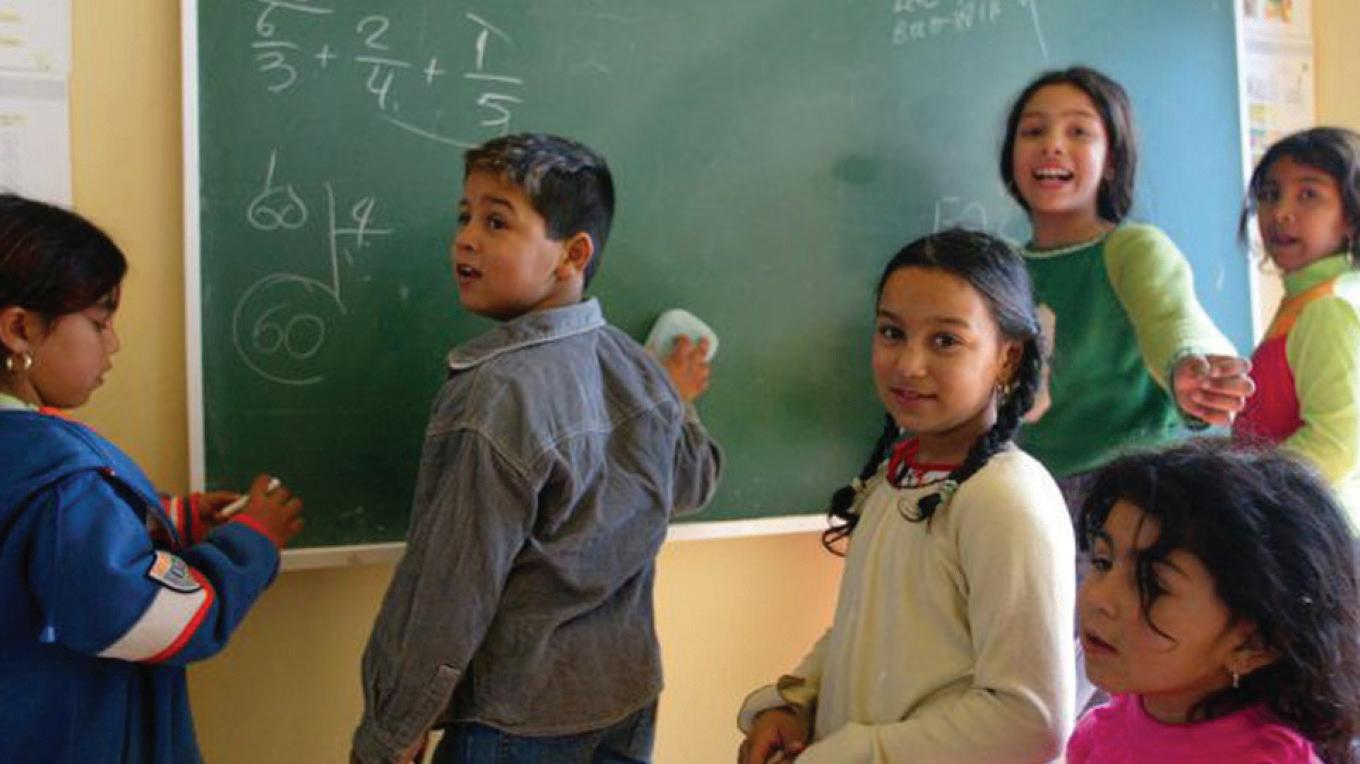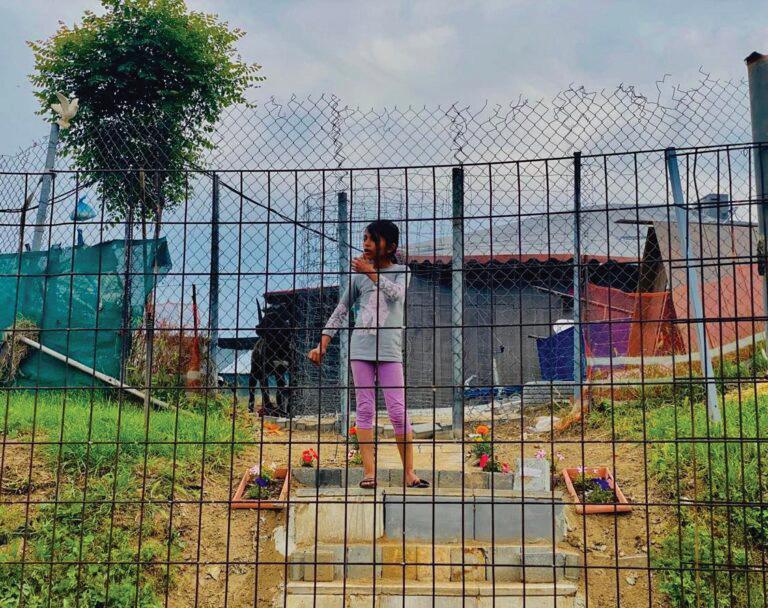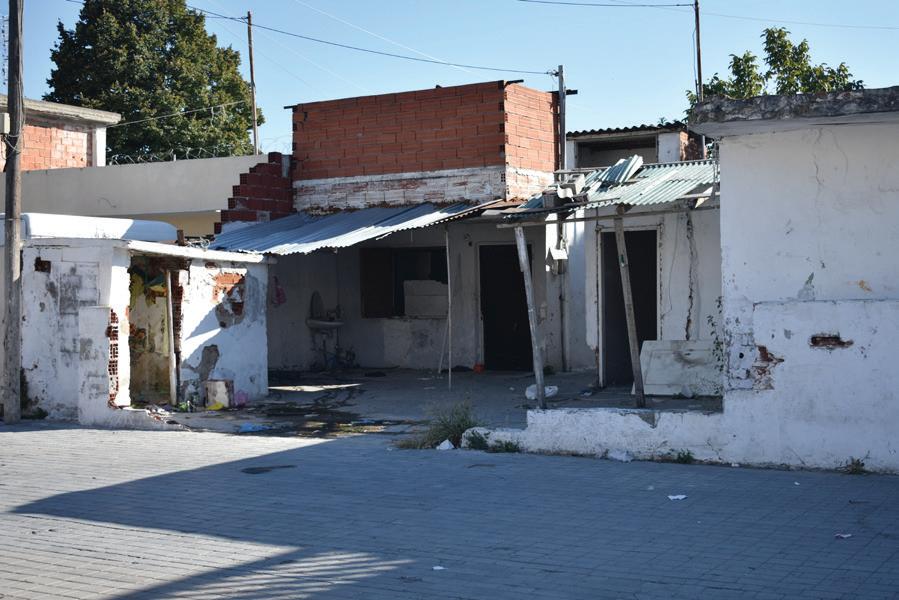
3 minute read
Unraveling the Educational Crisis: Roma Children in Greece
It’s a moral imperative to recognize the struggles of Roma children
by Maria Lina Anagnostidou
In the heart of Europe, there exists a social, economic, political, and educational modern scandal that violates the basic rights of children. In Greece a significant number of Roma children face barriers to education, due to the uniform, monocultural character, and bureaucratic functioning of the school institution. In order to address this pressing issue, it is imperative for educators and policymakers to understand the complex challenges faced by Roma families and advocate for inclusive policies that prioritize their right to education.

Living Conditions: A Harsh Reality
In the approximately 100 camps scattered across Greece, Roma families live in unimaginable conditions. Shacks without electricity or water, plagued by humidity and mud in winter, and stifling heat in summer, serve as their homes. In these environments, where basic amenities are considered a luxury, the mere survival of individuals can be considered a miracle, let alone their education. Books and notebooks meant for study can easily become food for rodents, or dissolve in the first downpour.

Moreover, when darkness descends early, and families seal their shacks to conserve heat, the option of studying becomes a distant dream. Crowded into these small, poorly constructed dwellings, the families lack the privacy (a fundamental aspect of human development) that many take for granted. For children, this absence of personal space hinders their ability to focus on education. It is in this context that we must ask ourselves: can we realistically expect these children to thrive in school?
Empathy: A Bridge to Understanding
To make matters worse, Roma children are subjected to deficit theories that assume their cultural background impedes their ability to succeed academically. This misguided approach not only perpetuates stereotypes, but also fails to acknowledge their cultural identity’s characteristics such as their multilingual nature. Efforts to support these students must focus on linguistic diversity, as an asset rather than a hindrance. Moreover, educators must cultivate empathy, to truly address the educational challenges faced by Roma children. This requires a fundamental shift in perspective, a process akin to learning from the students themselves. Building trust with Roma families is also a crucial step in this journey, as it enables teachers to gain a deeper understanding of the daily struggles these families face.

Sadly, the current educational system, rooted in monoculturalism, excludes the rich cultural diversity of the Roma community. In order to break the cycle of school failure and exclusion, inclusive policies must be formulated at the school unit level, recognizing that every child, regardless of their background, has a right to a quality education.
Overall, the plight of Roma children in Greece highlights a glaring societal injustice. To combat this scandal, we must move beyond surface-level assumptions and actively engage with Roma families, to understand their unique challenges. By advocating for inclusive policies, we can ensure that every child has an equal opportunity to access education, thus upholding the principles of democracy and human rights. The time for change is now.











